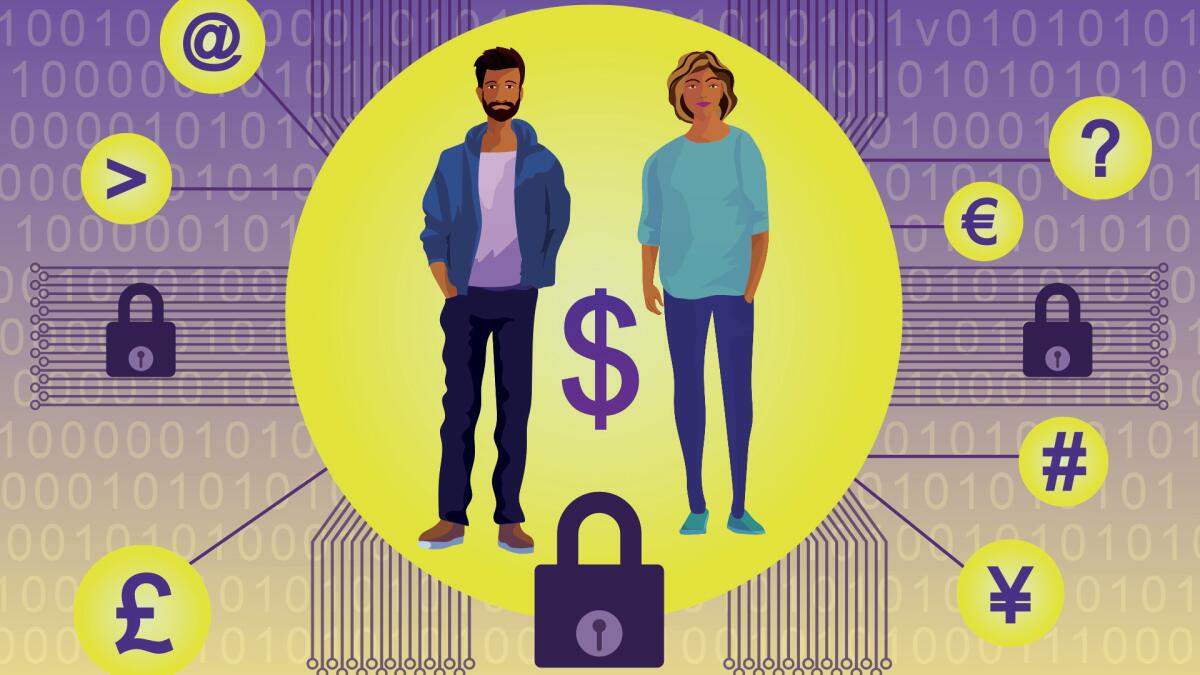The combination of AI and blockchain technology has the potential to revolutionize industries such as healthcare, finance, fraud detection, and product tracking, improving efficiency, security, and personalized practices. However, scalability, privacy concerns, and the need for skilled personnel pose challenges to the successful implementation of this convergence.
Artificial intelligence (AI) is revolutionizing the accounting industry by automating tasks, providing insights, and freeing up professionals for more meaningful work, but there is a need to strike a balance between human and machine-driven intelligence to maximize its value and ensure the future of finance.
The author discusses six themes related to the intersection of artificial intelligence (AI) and various aspects of the modern world, including technology development, accessibility, disruption, AI's impact on inflation, and the potential role of Bitcoin in AI applications. The author also announces the release of their new book, "Broken Money," which explores the past, present, and future of money and its relationship with the global financial system.
Artificial intelligence (AI) has the potential to deliver significant productivity gains, but its current adoption may further consolidate the dominance of Big Tech companies, raising concerns among antitrust authorities.
Artificial intelligence (AI) is valuable for cutting costs and improving efficiency, but human-to-human contact is still crucial for meaningful interactions and building trust with customers. AI cannot replicate the qualities of human innovation, creativity, empathy, and personal connection, making it important for businesses to prioritize the human element alongside AI implementation.
The integration of artificial intelligence (AI) is driving the growth of smart manufacturing, with the use of AI expected to enhance decision-making, optimize operations, and improve automation processes in factories, as well as complementing supply chain optimization and inventory management.
Scammers are increasingly using artificial intelligence to generate voice deepfakes and trick people into sending them money, raising concerns among cybersecurity experts.
Artificial intelligence (AI) has the potential to enhance business networking by optimizing communication, providing data-driven insights, automating relationship-building, streamlining meeting summaries, managing LinkedIn engagement, and building personal brands, although maintaining the human touch is still important.
Artificial intelligence (AI) and machine learning (ML) are becoming increasingly prevalent in the financial sector, with many companies using these technologies to optimize their operations and improve prediction models, leading to increased revenue and reduced costs. Additionally, AI is being used to enhance data security in blockchain systems and address liquidity fragmentation issues in the crypto market, while sentiment analysis powered by AI is helping companies personalize marketing efforts and improve customer satisfaction. The combination of AI and blockchain has the potential to reshape global finance by providing intelligent insights and accurate prediction models for informed decision-making.
The convergence of artificial intelligence and Bitcoin could transform companies by reducing costs, increasing productivity, and making payment systems more efficient, according to ARK Invest CEO Cathie Wood.
Artificial intelligence has the potential to transform the financial system by improving access to financial services and reducing risk, according to Google CEO Thomas Kurian. He suggests leveraging technology to reach customers with personalized offers, create hyper-personalized customer interfaces, and develop anti-money laundering platforms.
Salesforce plans to integrate artificial intelligence (AI) into its customer relationship management (CRM) software, offering automation, personalized marketing, data analytics, and improved customer support, making it a strong AI investment with improving profitability and an attractive stock to buy.
Artificial intelligence (AI) and blockchain technologies are reaching a tipping point and are expected to disrupt industries, shrink established sectors, and create new markets, according to a report from Moody's Investors Service.
The Internal Revenue Service (IRS) plans to use artificial intelligence (AI) to crack down on tax schemes by wealthy individuals and businesses, with AI helping to identify patterns and trends to target large partnerships and high earners who may be shielding income or evading taxes.
Three entrepreneurs used claims of artificial intelligence to defraud clients of millions of dollars for their online retail businesses, according to the Federal Trade Commission.
The US Securities and Exchange Commission (SEC) is utilizing artificial intelligence (AI) technologies to monitor the financial sector for fraud and manipulation, according to SEC Chair Gary Gensler.
Small and medium businesses are open to using AI tools to enhance competitiveness, but have concerns about keeping up with evolving technology and fraud risks, according to a study by Visa.
Financial institutions are using AI to combat cyberattacks, utilizing tools like language data models, deep learning AI, generative AI, and improved communication systems to detect fraud, validate data, defend against incursions, and enhance customer protection.
Artificial intelligence (AI) will be highly beneficial for executives aiming to save money in various sectors such as banking, insurance, and healthcare, as it enables efficient operations, more accurate data usage, and improved decision-making.
PayPal expands its crypto services with new on-ramps and off-ramps for cryptocurrencies in the United States, Franklin Templeton files for a spot Bitcoin ETF, Coinbase integrates the Bitcoin Lightning Network, and Meta is developing a new AI model to rival OpenAI's system.
The restaurant industry is increasingly incorporating artificial intelligence (AI) to reduce costs, enhance productivity, and improve customer experience.
The rise of Artificial Intelligence (AI) in banking and finance presents a profound opportunity for the industry, with the potential for significant productivity gains and a better customer experience, as well as the emergence of digital currencies and innovations in digital banking. As financial institutions continue to embrace AI and digital transformation, smaller institutions may struggle to remain relevant in the face of larger networks and platforms, ultimately leading to a consolidation in the industry. However, the overall outlook for banking and finance is optimistic, with the expectation that advancements in technology will continue to drive information growth and spread, ultimately benefiting investors and customers alike.
